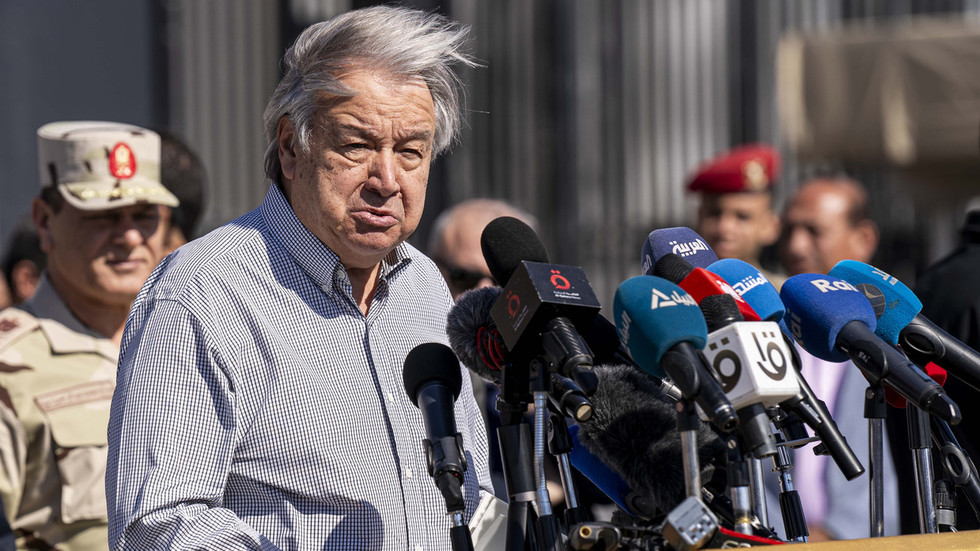UN Secretary-General Antonio Guterres has faced intense criticism from Israel following his initial failure to denounce Iran’s missile attack on the country. The attack, launched by Iran’s Islamic Revolutionary Guard Corps (IRGC) as a response to the Israeli killings of Hamas and Hezbollah leaders, prompted Israel to label Guterres as persona non grata. In his defense, Guterres later condemned the missile strikes during a session of the UN Security Council, emphasizing the need for a halt to the escalating violence between Israel and Hezbollah, which he argued violated Lebanese sovereignty. He reiterated the importance of stopping the “sickening cycle” of retaliation that has characterized the ongoing conflict.
The tension escalated after Israeli Foreign Minister Israel Katz expressed discontent with Guterres for not delivering a clearer condemnation regarding the Iranian attack and for his perceived inaction regarding Hamas’s atrocities during recent conflicts. Katz described Guterres as a “stain on the history of the UN” and accused him of supporting groups that threaten Israel. His comments reflect a broader Israeli sentiment regarding the UN’s role in the region, with the claim that the Secretary-General has failed to take a strong enough stance against perceived threats.
In response to the criticism, a spokesperson for the Secretary-General clarified that the concept of persona non grata does not apply to UN staff, reflecting that the Israeli announcement was largely political in nature and indicative of ongoing tensions. Guterres’s previous statements and actions had attempted to balance calls for accountability and ceasefire with the complexities of the situation in the region. This incident underscores the difficulty of navigating international diplomacy in the context of escalating violence and deep-rooted conflicts.
The United States and Russia, two significant global players, publicly criticized Israel’s announcement, emphasizing the detrimental impact it could have on the UN’s role in the region. US State Department spokesperson Matthew Miller argued that the UN performs vital work in Gaza and has the potential to foster security and stability. He implied that undermining the UN’s authority would not be conducive to a peaceful resolution of the conflict, thereby highlighting the significance of international cooperation and the organization’s ongoing diplomatic efforts.
Russian officials echoed this sentiment, suggesting that the Israeli move could signal an unwillingness to engage with global institutions in managing the crisis. Kremlin spokesperson Dmitry Peskov remarked that Israel’s stance effectively excludes the UN from regulatory involvement, urging all parties to exercise restraint. The calls for restraint reflect a growing concern among global leaders regarding the escalation of hostilities and the humanitarian implications for civilians in the region.
This exchange between Israel and the UN Secretary-General illustrates the complexities involved in international diplomacy, especially in contexts charged with historical grievances and ongoing violence. As the situation remains precarious, the necessity for diplomatic dialogue and intervention becomes increasingly urgent, with leaders recognizing the need for collaborative effort to achieve lasting peace and stability in the region. Guterres’s role as Secretary-General places him at the center of these challenges, underscoring the importance of his actions and the global community’s response to such crises.

